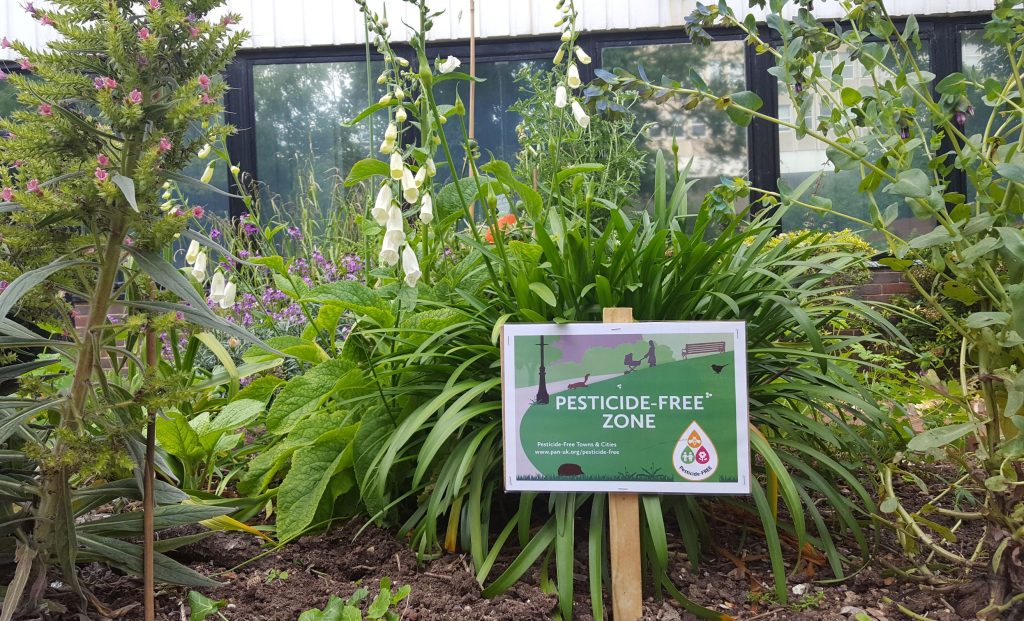Pesticide Action Network UK
27 May 2025

Pesticide Action Network UK (PAN UK) is the only UK charity focused solely on tackling the problems caused by pesticides and promoting safe and sustainable alternatives in agriculture, urban areas, homes and gardens. The organisation’s goal is to end pesticide-related harms to both human health and the environment, and to drive a transition to ecologically-sound and socially just alternatives.
While PAN UK also works internationally, Earthsong Foundation specifically supports their work in the UK. Through advocacy, policy, research, public campaigning and strategic communications, the organisation targets all of the UK’s key decision-makers on pesticides.
We have continued to support PAN UK’s work pushing for better protections for both human health and the natural environment in the UK. In 2024, the organisation succeeded in getting commitments on pesticide reduction into the manifestos of the Liberal Democrats and Greens – the first time ever that pesticides have been mentioned in UK general election manifestos. After years of lobbying by PAN UK and others, the new Labour Government finally ended the damaging cycle of repeat ‘emergency’ derogations when they refused to grant permission for the use of highly-bee toxic neonicotinoid pesticides on sugar beet.

2024 also saw an additional twenty local councils go pesticide-free, or make major strides towards doing so, as part of the Pesticide-Free Towns campaign. Meanwhile, PAN UK collaborated with legal charity Client Earth to draft legislation banning urban use by English councils. Green MP, Sian Berry, tabled the Bill in the House of Commons in the House of Commons and work to build parliamentary and public support for it is ongoing.
PAN UK also launched its 2024 Supermarket Ranking in November, which marks the UK’s ten biggest supermarkets on their policies to reduce pesticide harms caused by their global supply chains. While there is still much work to be done, the ranking revealed that the supermarket sector as a whole is making progress. All supermarkets (but Iceland) now have lists of pesticides that are particularly harmful for human health or the environment which they monitor, restrict or prohibit from use within their global supply chains. To better protect consumers, all supermarkets have increased the range of food they test for residues. Since chemicals can become more harmful when combined, five of the top ten (Co-op, Lidl, M&S, Morrisons and Waitrose) now take action if the residues of more than five different pesticides are found on one food item.
